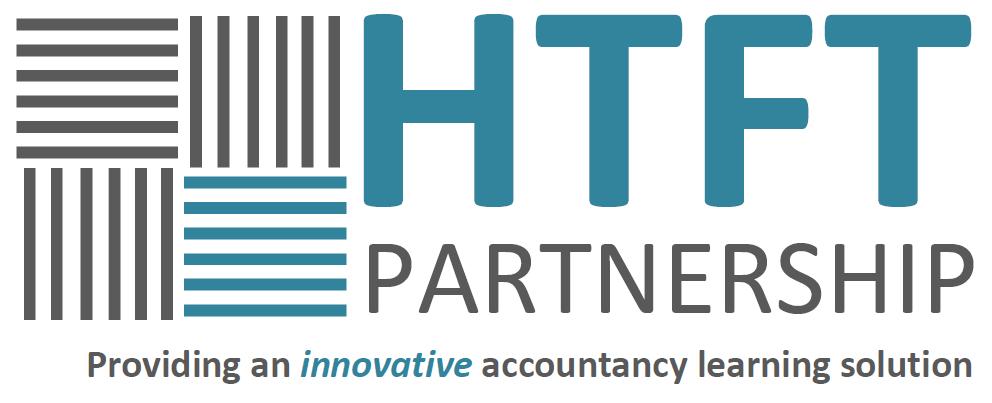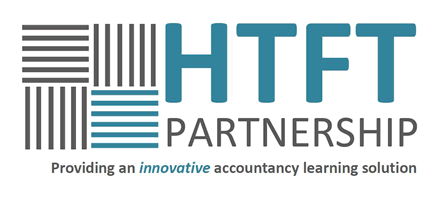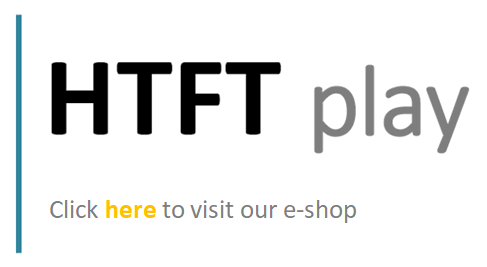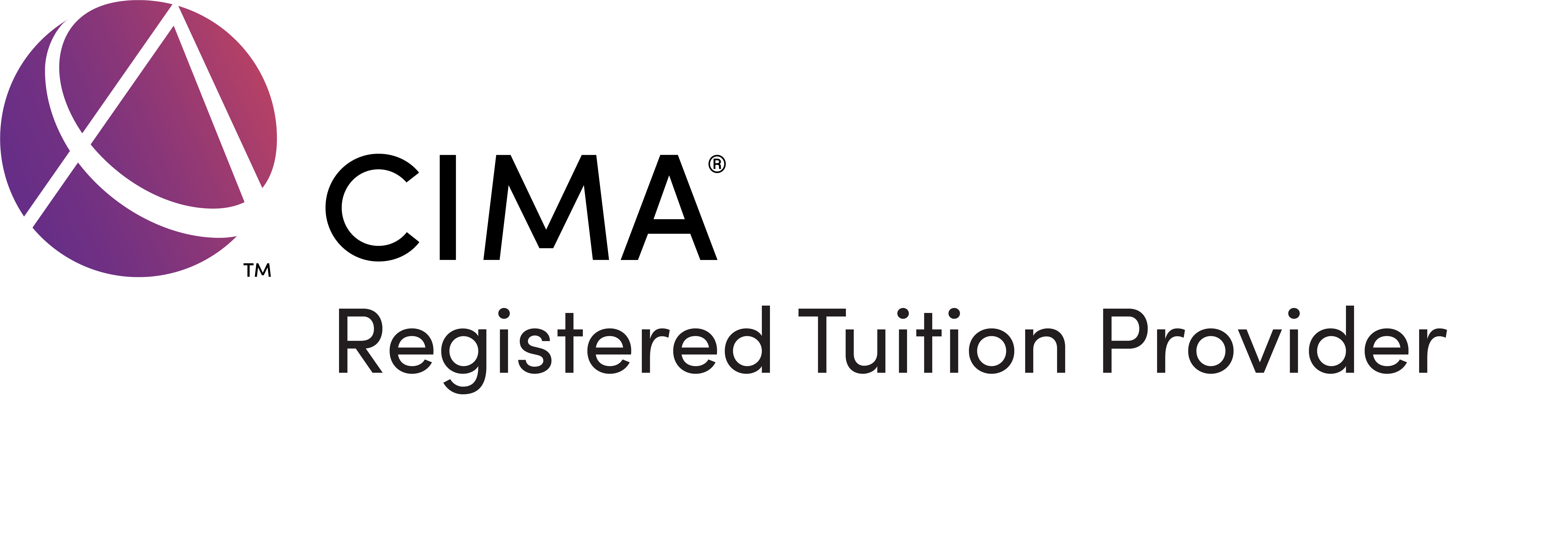Apprenticeship Levy
Feb 02, 2017
Share This
The new world of Apprenticeships: shifting ownership to employers
In spring 2017 the way the government funds apprenticeships in England is changing. Some large employers will be required to contribute to a new apprenticeship levy, and there will be changes to the funding for apprenticeship training for all employers.
The government are introducing the apprenticeship levy on 6 April 2017. The levy requires all employers operating in the UK, with a pay bill over £3 million each year, to invest (0.5% of wagebill) in apprenticeships.
These forthcoming changes to apprenticeship funding, in conjunction with the introduction of new apprenticeship standards, means that employers have a greater role to play in deciding what training is delivered to their staff, and who delivers it.
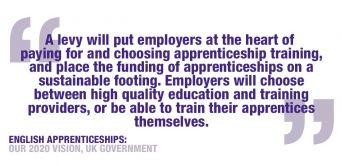
New standards
The new apprenticeship standards will replace the old SASE frameworks. We are moving away from apprenticeship frameworks and their prescribed qualifications, for example NVQs, to standards that cover specific job roles and sets out the core skills, knowledge and behaviours an apprentice will need to be fully competent in their job role and meet the needs of employers.
Under the new standards, apprentices will build up a portfolio of skills and behaviours that they have demonstrated in the work place and reflect back on these via a professional discussion at the end of the apprenticeship.
These new standards provide the perfect mechanism to deliver the quality training that employer’s need: the training is not prescribed, so employers can choose to include in-house or external programmes.
There are currently two standards approved for delivery:
- Apprenticeship standard: assistant accountant (Level 3)
- Apprenticeship standard: professional accounting taxation technician (Level 4)
And one other being developed:
- Apprenticeship standard: professional accountant (Level 7)
Employer ownership
The new standards are going to provide employers with far more flexibility over how they develop their future talent. The focus now has shifted to preparing apprentices for an end-point assessments to ensure they meet the standard (skills, knowledge and behaviours); how they get to this point is down to employers.
As aforementioned the training is not prescribed, so employers can choose to include in-house or external programmes. Translated, this means that employers can use in-house training, external training providers delivering professional qualifications or selected modules, or a combination or both to deliver the results/skills they need.
This means that apprenticeships are no longer just about passing exams, but relate directly to performance in the workplace, which is a really positive step.
Opportunities
I see the new world of apprenticeships as a real opportunity for employers. An opportunity for employers to take control of what training is delivered to their staff.
If I was an employer, I would be mapping the skills I want, against the appropriate apprenticeship standard; the end-point assessment; external qualifications; and in-house programmes to design an apprenticeship that delivers for me the skills that I want.
If you would like to talk to HTFT about the new world of apprenticeships please email [email protected] or call 0121 745 8842
Here are a couple of additional documents covering FAQs and the changes from frameworks to standards:
The Apprenticeship Levy - FAQs.pdf
HTFT Partnership - New Accounting Apprenticeships Standards.pdf
